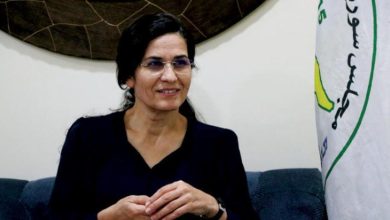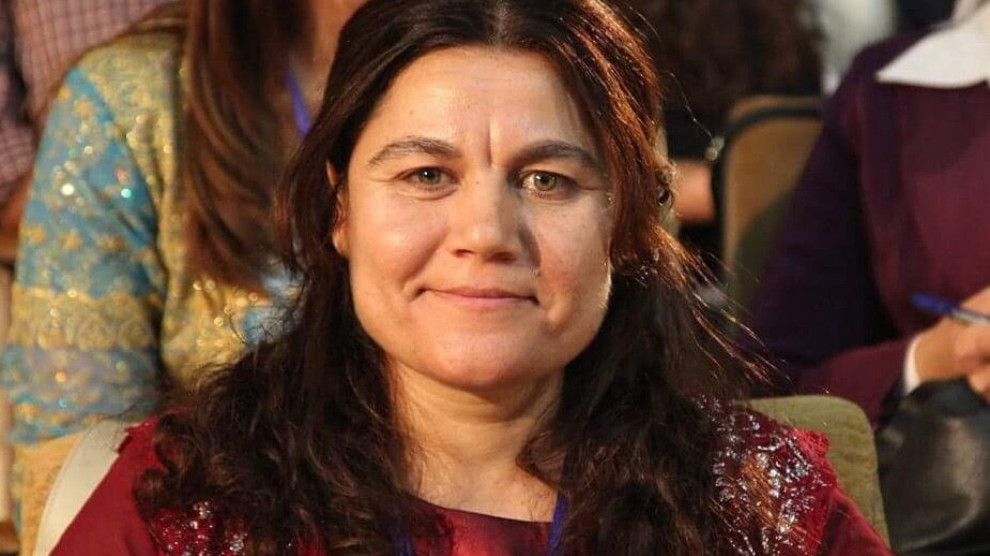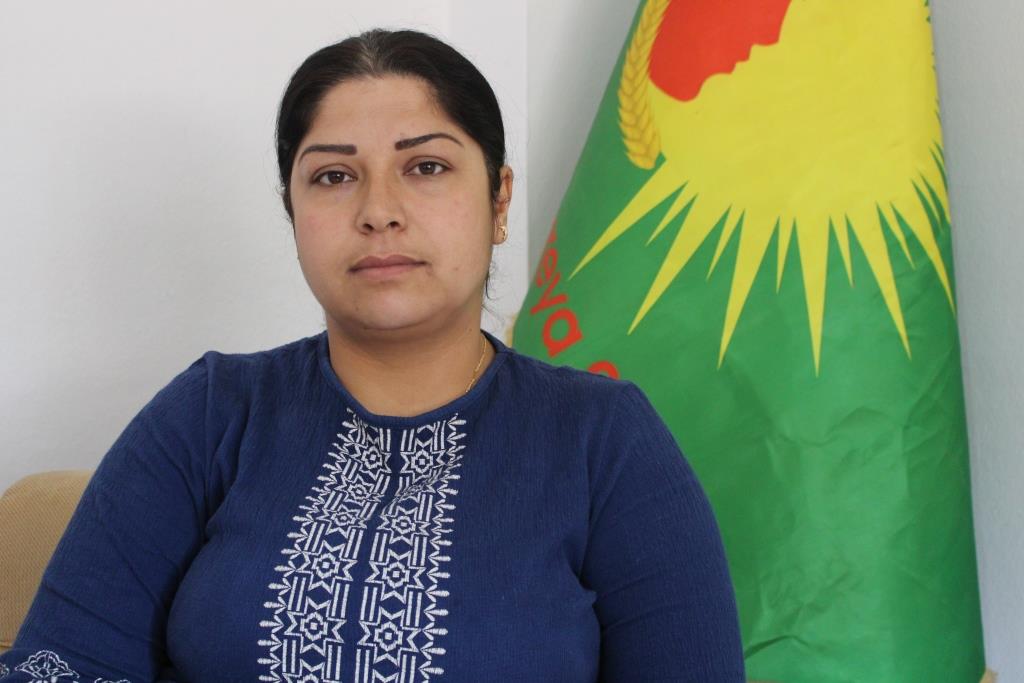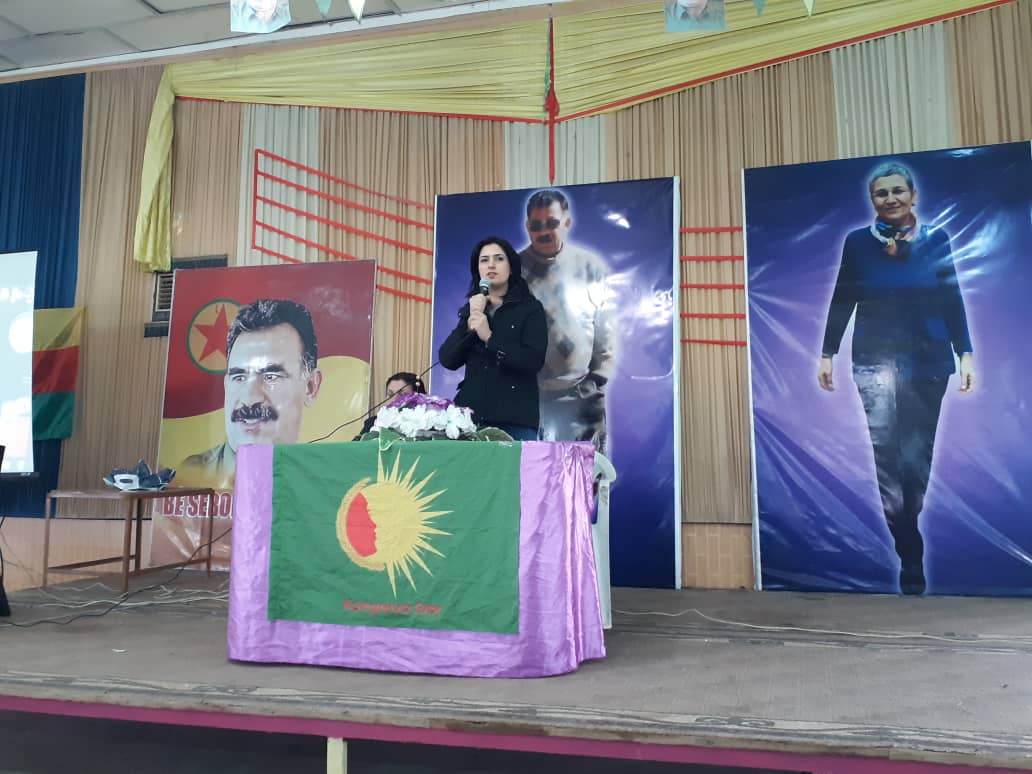Activities of stage of formation of AA, threat looming over it
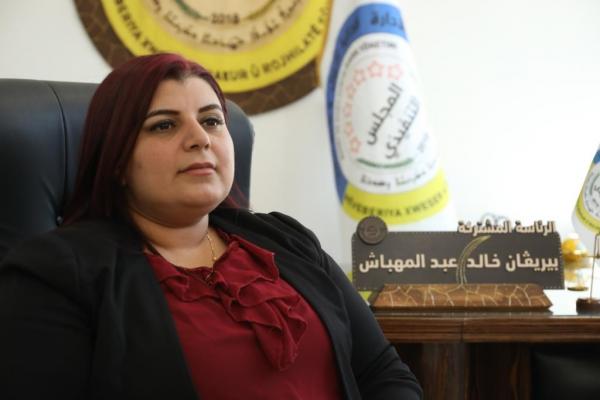
For the first time in the Middle East a new administration system is being implemented in the areas of North and East of Syria which insured the rights of all components in the region which has been implemented after the Rojava Revolution based on the principles of the democratic nation project.
The area of al-Jazeera in North of Syria was the first area which implemented this project in the region to expand later and reach the other areas, this project faced many threats by the regional countries especially Turkey which opposed this project since the first days.
The threats of the Turkish state developed by imposing an economic and political siege and launching military attacks against the region in order to thwart the this project and support Daesh, but the AA took its strength from the people of the region and although the difficulties suffered by AA it managed to prevail over the Daesh and started a new stage.
In this dossier which was prepared by ANHA, we would learn about the prominent stations witnessed by AA since its formation and all the threats and difficulties launched against the AA, how does it overcame that challenges where does it reach.
The AA is the adopted regime to manage the region
In 2011, and after the Rojava Revolution started, the people of the region worked to manage their areas by the civil society institutions, so there was a need to build an administrative regime which can meet the life’s needs and requirements in the region.
According to this situation on January 21-2014 an Democratic Autonomous Administration in al-Jazeera region was formed followed by announcing another administration in the same month on 27 in Kobani and on 29 of the same month in Afrin.
The formation of local councils in conjunction with the liberation operations
With the liberation of each region, the people of these areas formed local councils to organize and ensure the return of civilians to the area. Thus, civic councils in al-Raqqa, al-Tabqa, Manbij and Deir ez-Zor were now managing the region from all sides.
General Umbrella of Administrations in Northern and Eastern Syria
With the formation of several councils and administrations in the north and east of Syria, there was a need for a public administration to bring all the departments together, coordinate solutions, solve the problems, direct the work and distribute the economic wealth fairly and equally among all departments in Syria brings together the seven administrations in the region.
Accordingly, on September 6, 2018, AA for North and East Syria was announced, and 10 bodies and 8 offices for AA were announced.
Within the governance structure, there are three bodies: the Executive Council, the General Council (acting as a Legislative Council) and the Justice Council.
The dangers to AA
Threats against AA have not ceased since they were announced, and in particular the threats were made by the Turkish side, which opened the border to mercenaries, who supported with arms and money to attacks AA.
Turkey stepped up the pressure on the administration and closed the border crossings with northern and eastern Syria to impose an economic blockade on the region, and simultaneously launched hostile political campaigns against the administration, as it stood in the face of the administration’s attempts to open relations with the countries of the world and prevent them from entering the region. .
At present, AA is facing threats from the Turkish side. The Turkish state has been mobilizing troops on the border since mid-July, digging trenches and threatening to occupy the area.
More than 125,000 civilians work in AA institutions
The AA runs an estimated 30 percent of Syria’s total area, with 5 million people living in Kurd, Arab, Syriac, Armenians, Circassian, and Turkmen.
More than 1 million displaced people live in this area, more than 125,000 civilians work in AA institutions in the north and east of Syria.
With regard to a number of burning issues at the moment, Berivan Khalid answered the questions of the Hawar News Agency.
What were the most prominent problems and difficulties encountered during the process of building civil administrations or councils?
“The emergency situation in the region and the attacks of ISIS contributed to the failure of our work. “We were able to carry out our duties in the context of the construction phase, but now a new phase has begun and there are different duties.”
The priority is the elimination of the Daesh ideology and its threats
Administrations in the newly populated areas of the Arab component, such as al-Raqqa, Tabqa, Manbij, and Deir ez-Zor, face many difficulties. For example, Deir ez-Zor has been under the control of ISIS for four and a half years, so surely we will face the difficulties here. In terms of mental and intellectual, so we have difficulties in terms of correcting the ideas left behind by Daesh and we believe that we must struggle to change the mindset so that we can restore the society in the north and east of Syria to its true essence.
A management with limited capabilities will certainly face difficulties. Our struggle continues on many levels after the liberation of the territories of northern and eastern Syria. There are still sleeper cells of ISIS launching attacks in some areas, and this is a great danger to the region, the most prominent thing we face at this stage is the struggle against the mentality of ISIS and the threats of the Turkish state. ”
What are the risks which are facing AA in northern and eastern Syria?
From the beginning of the establishment of the institutions until the formation of the AA we have been subjected to attacks that are still ongoing, especially by the Turkish occupation state, which does not want to build AA on the side of its borders, and therefore, continues to continue its attacks and threats to the region, and certainly, these threats create difficulties for us. There are many parties have plans and ambitions in the region. There are Syrian regime and other countries want to abort this project, but our people in northern and eastern Syria have been resisting these attacks for nine years, and continue to this day, we have won and achieved all these gains thanks to the will of our people. ”
So far, states have not recognized AA, and the region suffers from an economic, political and diplomatic blockade, but despite the blockade we have made a lot of gains thanks to the fighters of this region.
There were many countries that did not hear the resistance of the people of northern and eastern Syria, but the resistance that started from Kobani and continued until Deir ez-Zor made our voice spread throughout the world.
AA worked and achieved a lot on the diplomatic, economic and service levels, but what has been achieved is not enough, we will overcome the shortcomings by the will of our people.
To move from the construction phase to a new stage, what preparations are you making?
At one time, we put our efforts on the battles against ISIS. Now that ISIS has been eliminated militarily, we have started a new phase where we will focus on services, education and health, so we attach great importance to this sector. We will start training and educating our children until we have a well-educated and trained community. ”
“We are insisting on achieving the victory”
The AA against racism, all peoples have the right to manage themselves and participate in the administration, and the countries that do not want this project to success are hostile to democracy, but we are determined to achieve victory.”
Tomorrow: The level of dialogue and relations of the Syria’s Democratic Council(MSD) with local and international forces.
